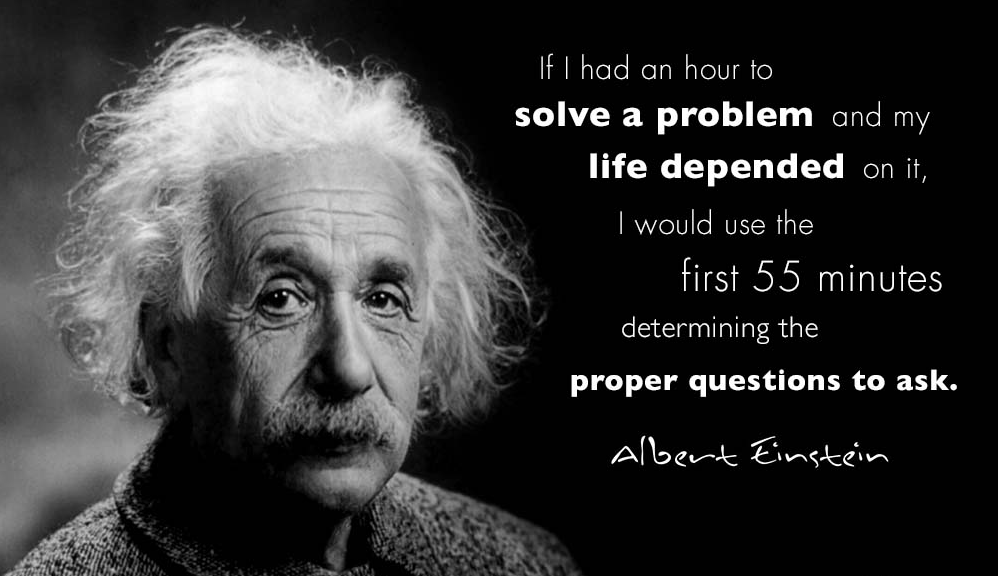

My most dearest Shosh and Jaialai:
Fools rush in. Always give pause to make sure you are asking the right questions.
For example, we know of a wonderful and bright kid who has received almost $500,000 in scholarships — half a million dollars!!! That’s very impressive!!! That’s wonderful, right? That’s to his credit for being the person he is.
What if I told you that although many schools gave him money, none gave him enough to attend their institution? They often gave him a third to a half of the total costs to attend their institution. In other words, they have reduced his costs from that of an international student to that of a local student. However, he is still expected to pay full fare as a local student.
Think about it for a minute: what is the cost to me as a university with 5,000 – 25,000 students to have one more student? The cost is marginal and minimal to the university. Yet, the benefit is great for the university because it has one more student who pays full fare.
The picture doesn’t look as rosy now, does it? This, too, is a reflection of who he is — someone who is bright and talented, but who subscribes to the principle of “good enough.”
My point here is that the right question makes all the difference in the world.
In the first instance, fools rush to judgment and are easily impressed. They ask, “Half a million in scholarship? Really? Wow, you must be very smart! You will be successful in life.” Too many limit their analysis to the data given and do not attempt to dig deeper. They are lazy thinkers and of poor habits. Be not like them, my sons.
In the second instance, the more intelligent and insightful ask, “What percentage of costs does each scholarship represent?” These gain valuable information about the context for which to assess the data given and to judge the caliber of the child. Be like them, my sons.
Think first before you rush to swallow whole what others feed you or ask of you. Ask questions. Examine assumptions. Before you act, assess what information was given you, how it jives with what you already know (thus, the import of reading voraciously and having a depth and breadth of understanding), and what is missing, misleading or false.
For example, even as the landline telephone technology was being rolled out across the world, a young engineer at Motorolla asked, ““Why is it that when we want to call and talk to a person, we have to call a place?” https://www.forbes.com/sites/davidsturt/2013/10/18/are-you-asking-the-right-question/#3967fb3976c5. His examination of the false assumption that phones must be affixed to particular locations gave rise to the world of mobile phones and smart phones we know and love today.
In the graduate program in public policy program at Duke University, we spent almost half a year on “problem definition” — what is the problem? If you misstate the problem, then you will solve for the wrong solution. So, stop. First, take time to ensure you are asking the right questions before you rush off to search for solutions.
Early in law school, I remember a hypothetical in which an ordinance was passed to protect park goers by prohibiting cars in the park. That makes sense, right? Lots of children run around and play in the park. People lay out to tan themselves, read books, enjoy a picnic, etc. Driving a car in the park endangers those children and people.
But what if someone got injured in the park or had a heart attack? Ambulances cannot get to them because the law prohibits cars in the park. OK, so we make exception for ambulances. But what if the ambulance were stuck in traffic and it would be faster for someone to get his car from the parking lot, drive into the park to pick up the injured, and take her to the hospital? What if the police had to drive into the park to arrest someone? What about garbage trucks having to pick up trash bins in the park? Would mountain bikers zipping through the grass and the tress also pose a danger to park goers? Now, we see a ban on cars would be an insufficient solution and more analysis is required to better protect park goers while ensuring various types activities could safely be performed and enjoyed in the public park.
Learn to give pause to ask the right questions.
Everything you say and do reveals something about you. What do your questions reveal about you? Are you one of those easily impressed by the superficial, or an insightful individual who seeks deeper understanding of situations? Be the latter.
All my love, always and forever,
Dad
P.S., below are several other articles on asking the right questions:
- https://hbr.org/2009/05/real-leaders-ask.html
- https://www.entrepreneur.com/article/254264
- https://medium.com/personal-growth/are-you-asking-the-right-questions-48c7de027de
P.S.S., by the way, the child is very impressive and will go far in life once he conquers his areas of weakness.
